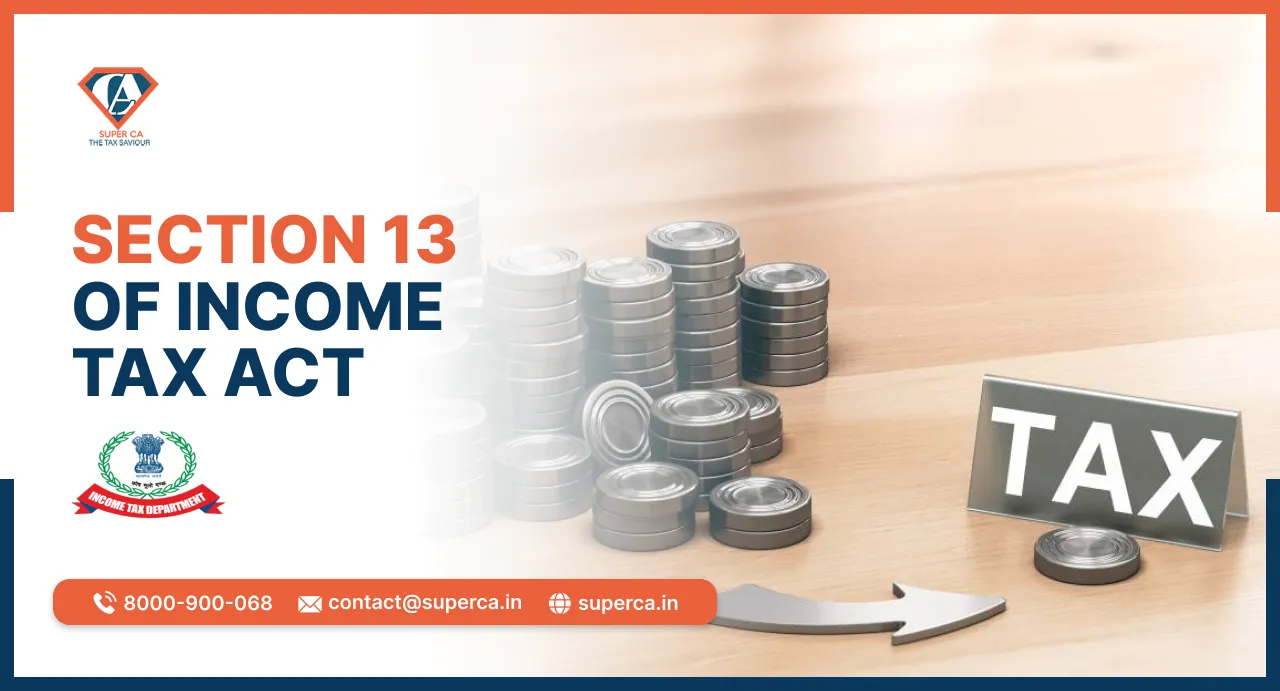Section 13 of Income Tax Act


The situations in which exemptions under Section 11 and 12 can not be availed for a trust are specified under Section 13 of Income Tax Act. Under Section 11 of income tax act, the exemptions related to income that is generated from property that is held in the trust or other duties that are related to charitable or religious purposes and Section 12 of income tax act is related to the exemptions of those incomes that are generated by these trusts from voluntary contributions. In this article we will go through the different types of incomes of a trust or institution either religious or charitable that are not eligible for tax exemption under Section 13 of income tax act.
According to Section 13(1)(a), no exemption will be allowed for any part of the income from the property that is owned by the trust either for religious or private purposes if it does not seem to be benefiting the public. The main basis for providing an exemption under Section 11 is that the public gets benefited. Therefore, if the public is not being benefited, then no other purpose for owning the property will be entertained and no exemption will be allowed.
Those institutions which were established before April 1, 1962 are eligible for tax exemption even if their propaganda is to promote specific castes or religions. However, the institutions that were created after the specified date will not be able to enjoy this exemption. Whereas the trusts that are created for the welfare of Scheduled Castes, STs, backward classes or women and children will not be a part of religious trust. This means that it is easy to apply Section 11 of the income tax act and claim exemptions under it.
For an institution or trust that was created after April 1,1962, no exemption will be allowed if according to the terms of the trust, any part of the income is for the benefit of any of the people mentioned below:
If any of the individuals that are listed above is getting benefited from the income that is generated from the trust will not be able to avail the exemption under Section11 of the income tax act and Section 13 of Income Tax Act clause (1) will be applied. But an exemption will only be allowed under Section 11 if the services are rendered to medical or educational facilities.
Section 13 of the income tax act clause(2) can be applied to the following cases in which tax exemption is not allowed. This is done with reference to the individuals that are mentioned only in Section 13 of Income Tax Act clause (3):

|
Essential LLP Registration Documents: A Complete Checklist for Entrepreneurs Author: Rahul Singh 04 Apr, 2024
|
Get inspired by these stories.